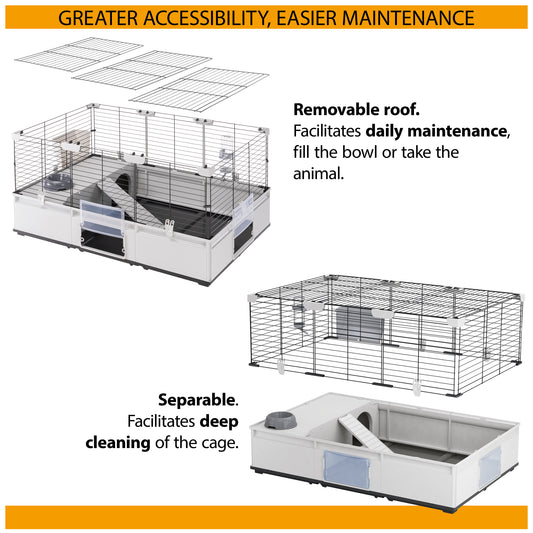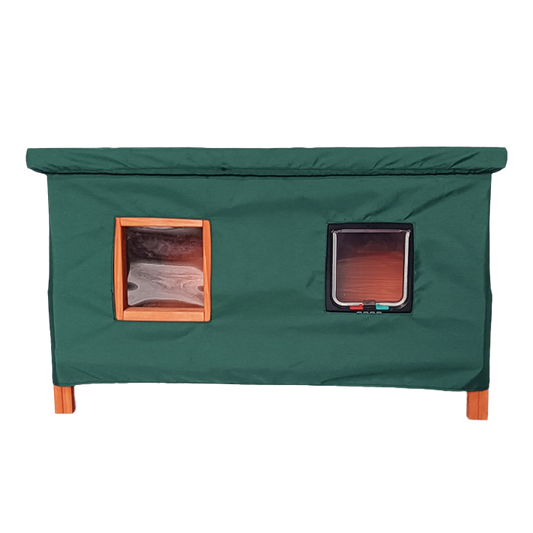For kittens to thrive and grow into healthy adults, it’s vital they are fed a nutritious, age-appropriate diet from the very beginning. A well-bred kitten will have been fed solely on their mothers’ milk for the first four weeks of its life. This will have given them the best possible start in life with all the necessary nutrients for healthy development during that early stage.
By four weeks of age, mothers begin pushing their babies away when they try to feed – giving the very clear message that they are ready to be ‘weaned’ on to solid food. By eight weeks old, kittens no longer need to be dependent on their mothers for food so it is only after this point that a kitten should be allowed to move to a new home.
Kittens grow and develop rapidly and their daily nutritional requirements are twice that of a mature animal. In particular, their bones, joints and immune systems have different nutritional requirements and this needs to be reflected in the food they eat. Specially-formulated kitten complete diets contain much higher levels of fat and protein compared to adult formulas for this reason.
Choosing a food
Your kitten will have already been weaned on to a solid food by the time you bring them home. In most cases it will be best to stick to the same brand of food that your pet has become accustomed to, as any sudden changes can result in stomach upsets. If you do want to change the brand of food you are feeding for whatever reason, you will need to make the switch gradually. It is also a good idea to consult your vet before changing your pet’s food.
To change your pet’s diet, start by adding a little of the new food while reducing the amount of old food for a couple of days. Over a week, you can gradually increase the amount of new food you are feeding and reduce the old food until you have made a complete switch. This gradual change is the best way to get a pet used to a new food and limit the risk of tummy trouble.
How long should you feed a kitten diet?
Kittens should be fed a kitten diet until they are at least 90% of their expected adult weight, which is around a year old.
By this time, a cat will no longer need all the extra calories and nutrients in kitten food and is likely to begin putting on unnecessary weight if they continue eating it.
What shouldn’t you feed?
Avoid adult complete foods until your kitten is at least a year old as they do not provide the right nutrition for optimal health during growth. It is also not advisable to feed your kitten scraps of human food. Apart from being unable to ensure that their diet is balanced, there are foods – such as onions and grapes – that are toxic to pets.
Kittens should never be fed puppy food, as the nutritional requirements of the two species are very different. Cats are obligate carnivores who need meat to survive, while dogs are omnivores and derive their nutrition from both plant and animal sources.
TOP TIPS for kitten feeding
If you found this article interesting, you may like:









